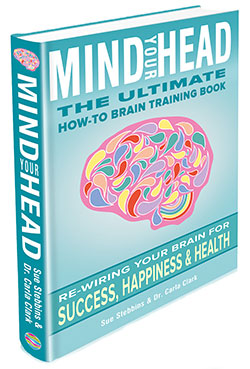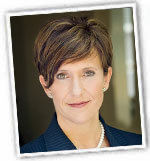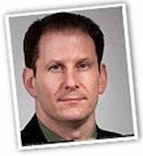Gut Reactions: A Perceptual Theory of Emotion
JESSE J. PRINZ
Page 2
In these later sections, Prinz also defends the view that emotions have either negative or positive valence. This is a popular view in psychology and philosophy, but one that has little evidence, and which may be a detriment to research by forcing simplistic interpretations of some behaviors. Prinz cites as support for a bivalent view some analyses of subject reports of emotion similarity, which can be interpreted as showing two groupings. But he admits that the neuropsychological evidence provides no evidence for grouping emotions as negative and positive. He suggests this could be because "negative and positive valence supervene on complex networks that implicate a large number of brain areas" (163). One might better reject the fallible contingencies of language use over the findings of fMRIs and PET studies, but Prinz expands his notion of emotions to argue that "emotions seem to contain two distinctive parts. Every emotion has a valence, which it shares with other emotions. But every emotion also has a distinctive bodily profile reflected by (sometimes subtle) differences in neuronal activity" (163). One reason Prinz takes this approach is that on his theory appraisals do not motivate, but valence does. However, the notion that emotions fall into negative and positive valence is a claim we can drop while still retaining the rest of Prinz's theory. There would be little loss in explaining motivation in some other way, or even leaving motivation as a primitive for future explanation.
Prinz's account is least compelling when we consider emotional actions (actions caused by or best explained by emotions). Prinz makes quick work of rejecting the view that emotions are action states or are essentially related to actions. But this has at least three problems.
First, we may not be able to specify formal objects without reference to kinds of action. Prinz assumes formal objects of emotions can be specified without reference to the behaviors that we usually associate with the relevant emotions. That is, fear (he claims) has as a formal object danger. This formal object must be something we can specify without any reference to flight, since the action is contingent though the formal object is not. But it is reasonable to doubt that there is a formal object of fear, anger, and any other basic emotion other than that there are things that it is appropriate to flee, that is appropriate to attack, and so on. This would be evident if we discovered that people may find it beneficial to be afraid of things that are not reasonably interpreted as dangerous, or to lack fear for things that are reasonably interpreted as dangerous.
Second, Prinz ends up committed to the view that an emotion is necessarily a perception of a preparation for a specific kind of action, but that kind of action is itself unnecessary and a "choice." If an emotion like fear is an embodied appraisal, and thus is our perception of a body state, this perception of this kind of body state (and not just any other body state) is fear in part because the body state is reliably and recognizably similar in its occurrences. The reason there is a body state that forms a kind, Prinz argues, is that this body state has a purpose; for example, fear changes our body in ways that prepare it for flight. But flight itself is not essential to fear. For Prinz, emotions "instigate the search for appropriate actions" (228) but do not directly cause actions and most definitely are not composed of action programs of any kind. But why would fear typically lead to flight, and not always to a different action, if flight were just an option that is searched for among other options? And why would the body reliably prepare for the flight in face of dangers, if flight were one contingent possibility among others? Similarly: "The decision to seek revenge is a choice that follows anger," Prinz claims (194). Given Prinz's notion of cognition as will or organismic control, this makes emotional action cognitive. If we weaken his notion of "choice" in this passage to be other than organismic control, we need to know what this other choice system is. It would seem that Prinz is committed to the position that flight is the most common best response to danger, and so the most common appropriate choice; and thus the body has evolved structures that cause it to prepare for flight when confronted with danger; but the emotion itself does nothing to ensure or encourage flight.
.
We Make it Easy to Succeed
Successwaves, Intl.
Brain Based Accelerated Success Audios
 |






